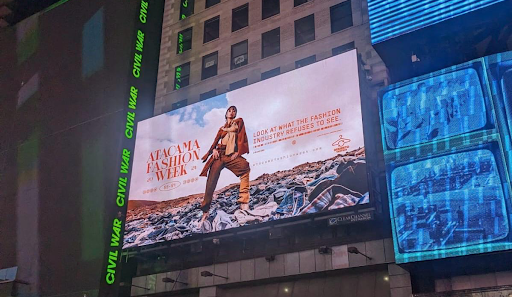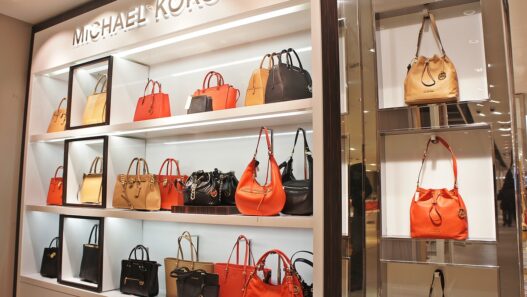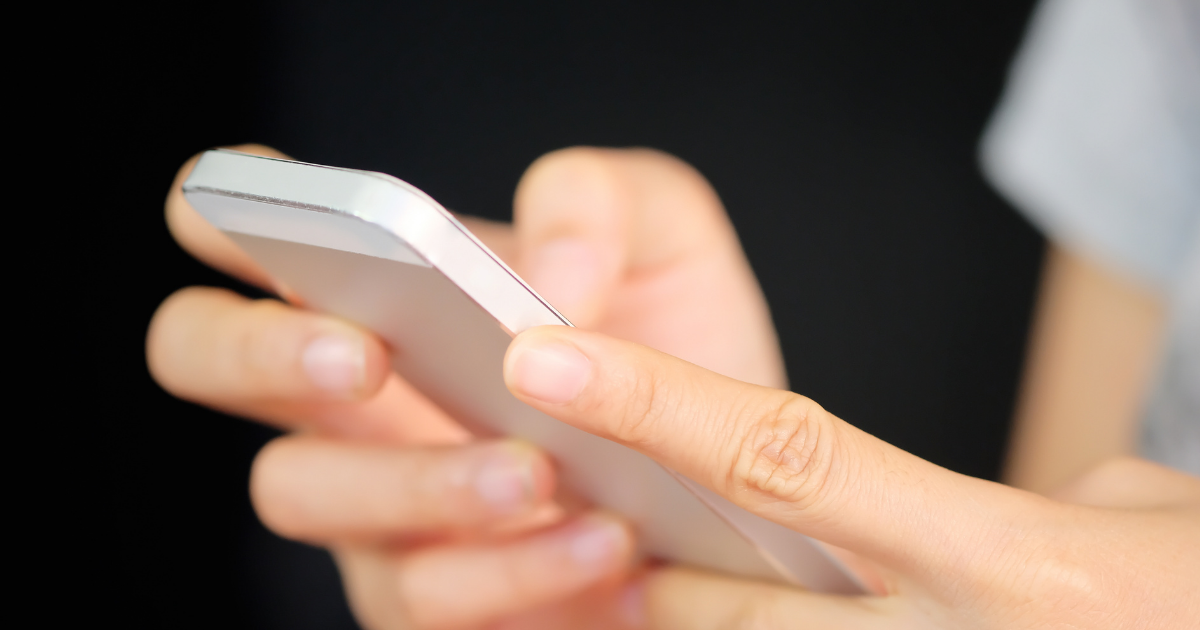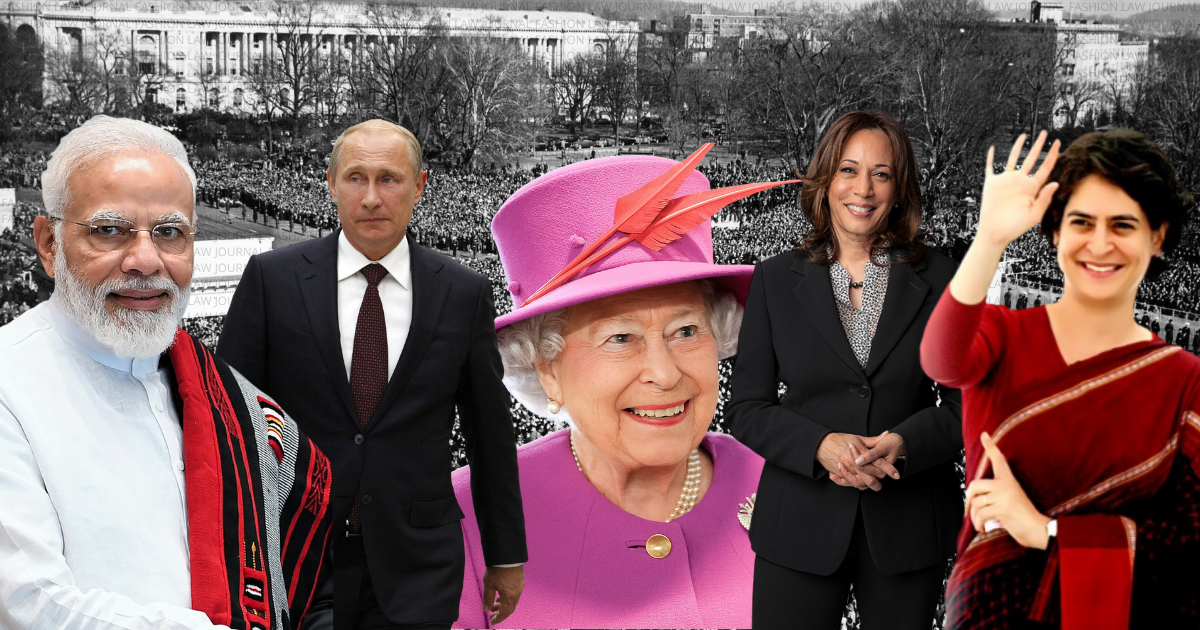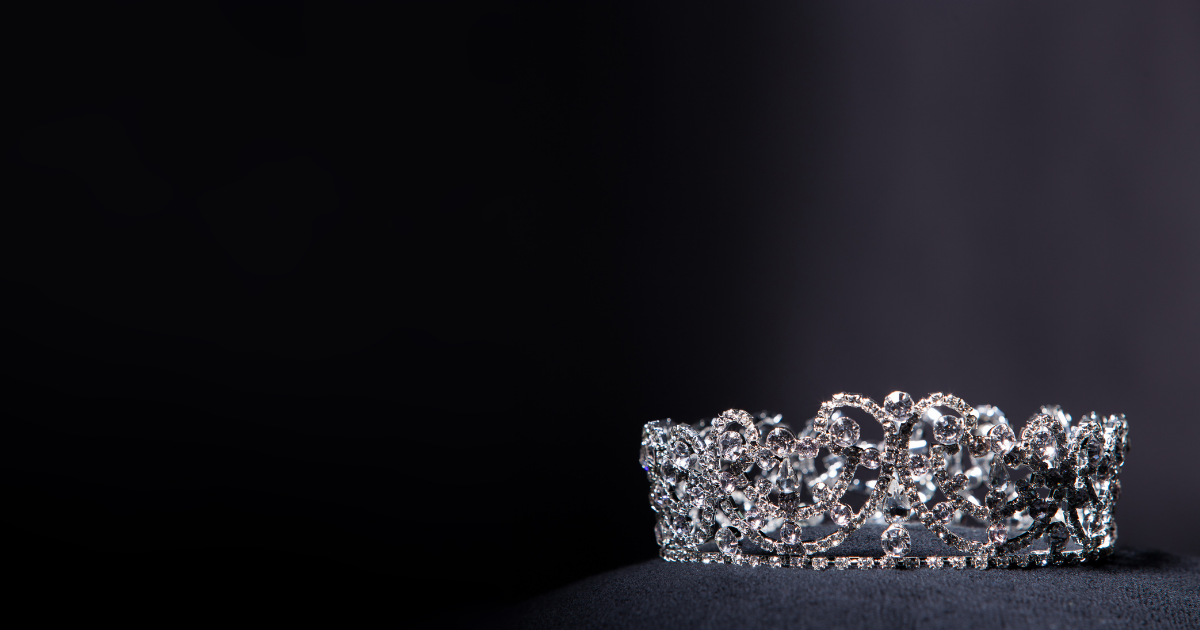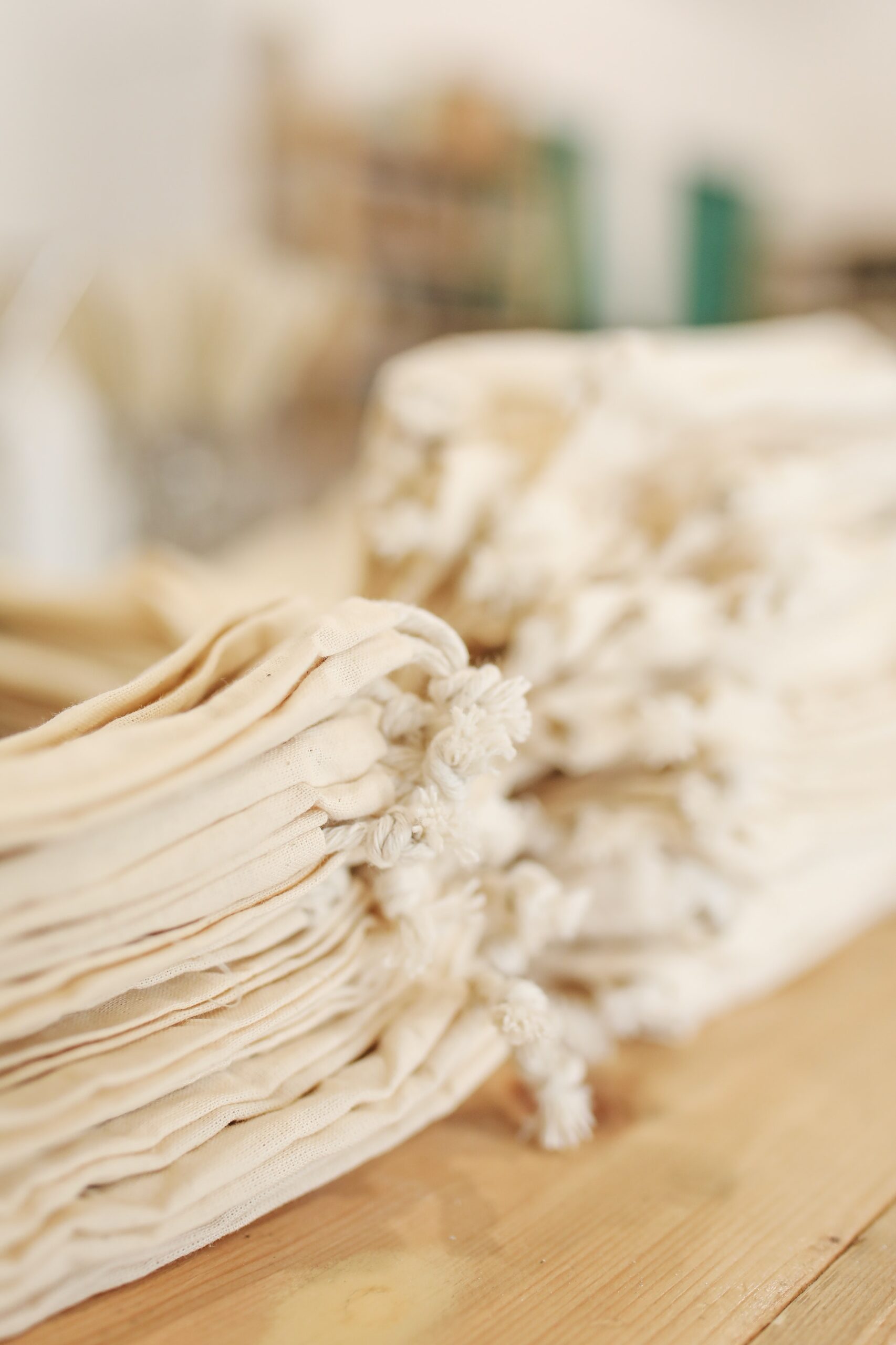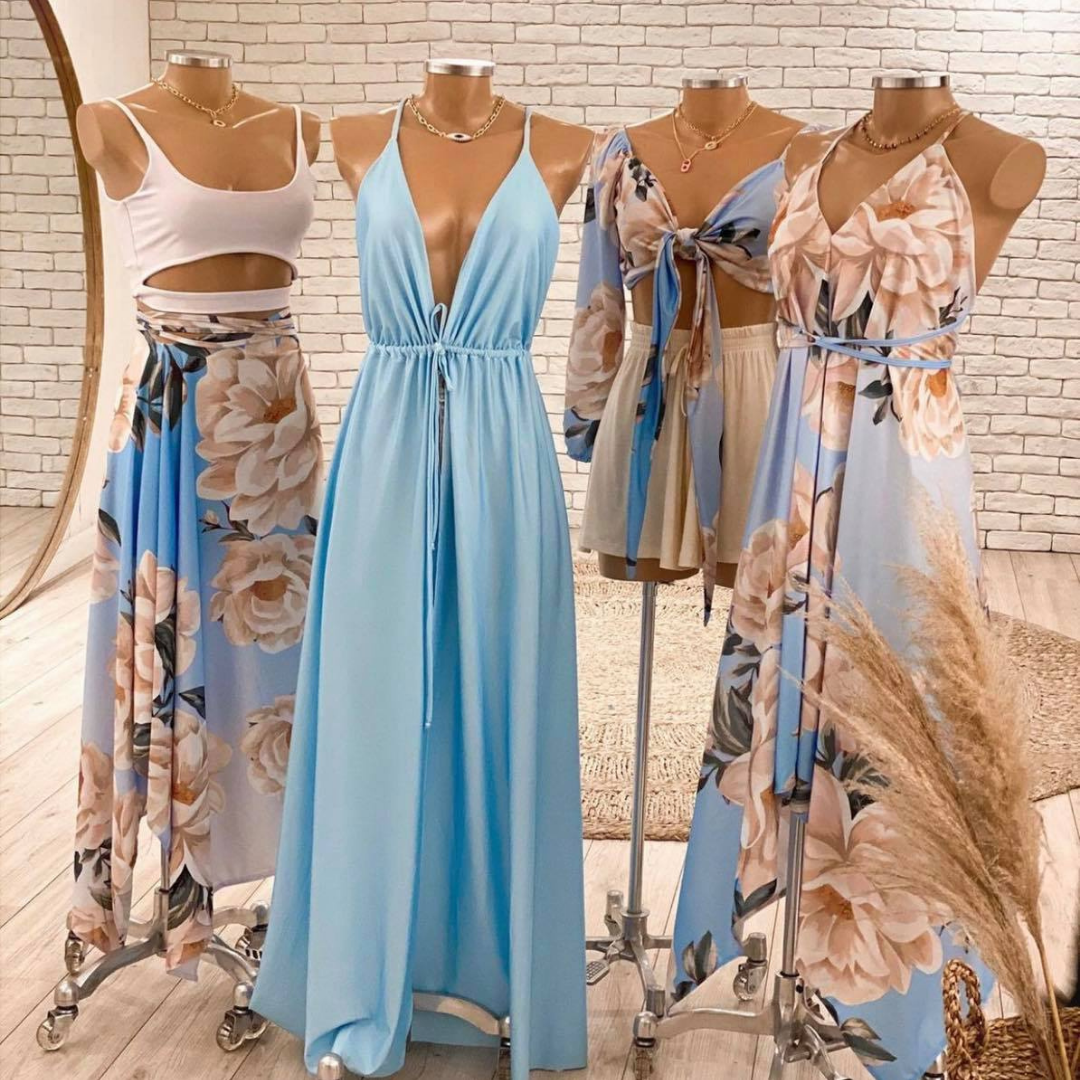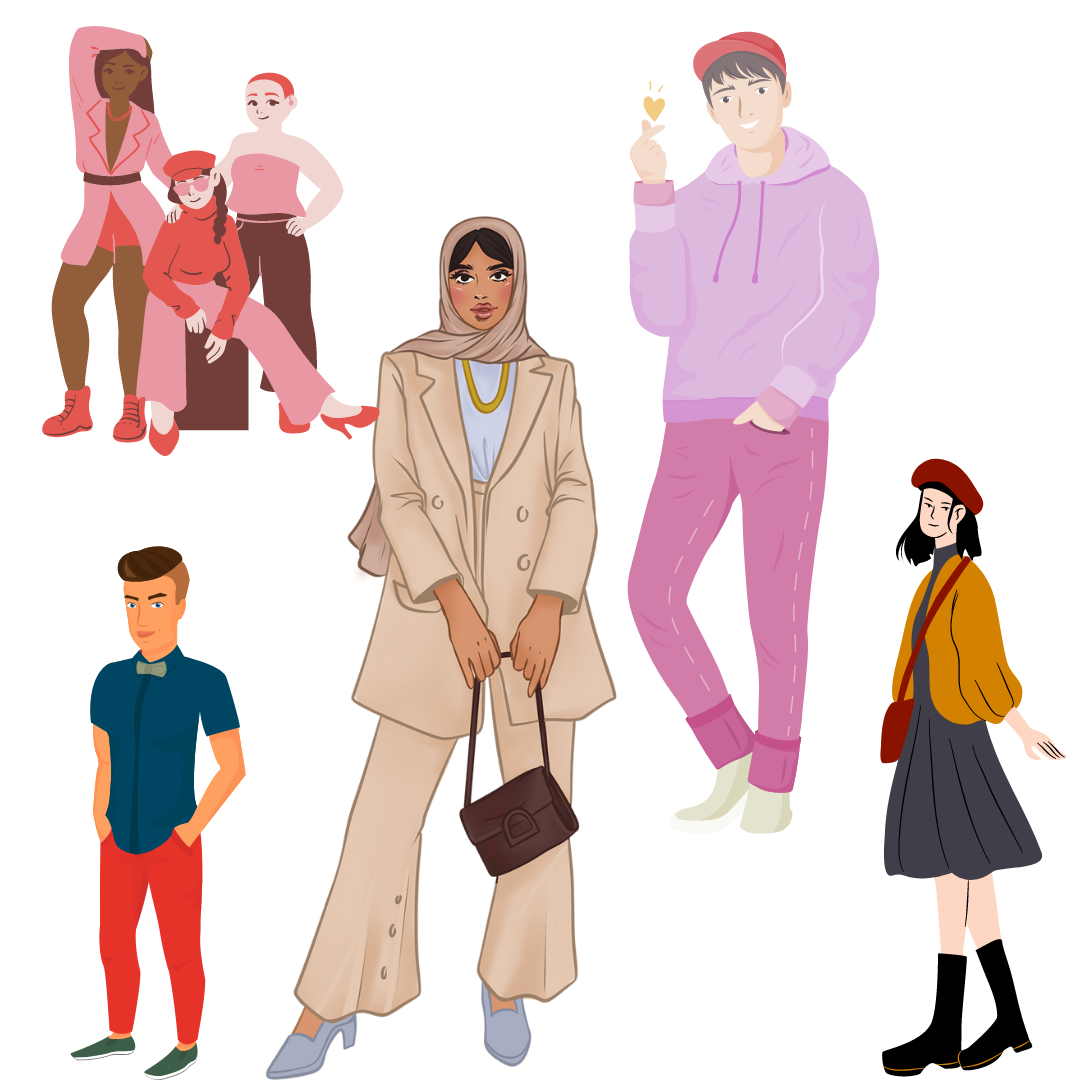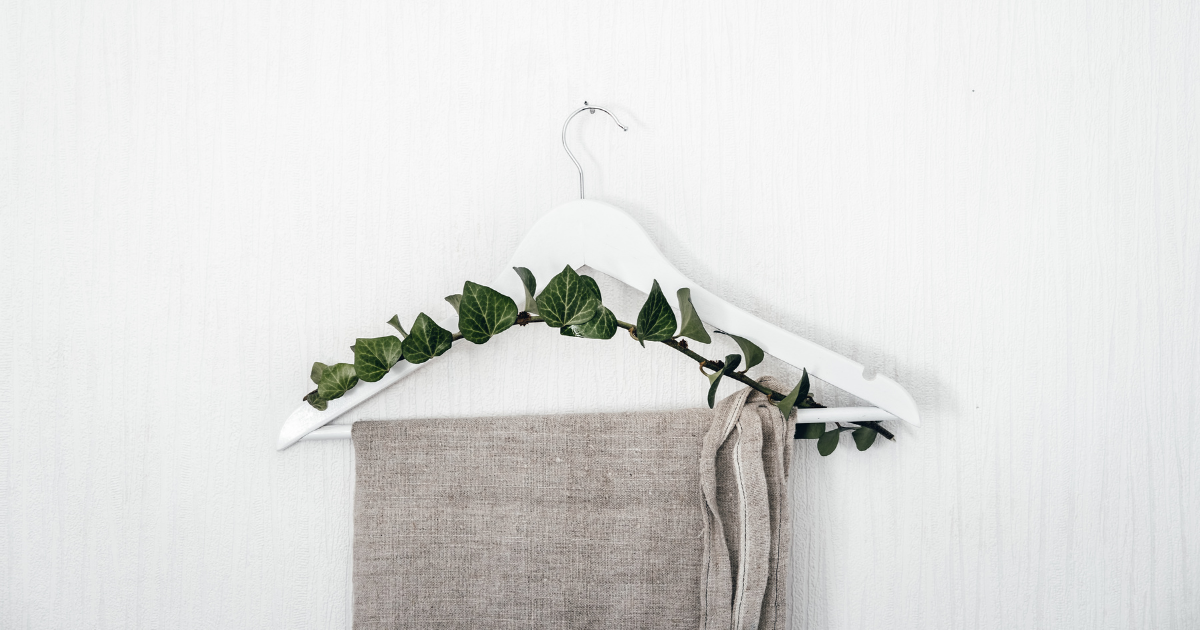As it is quite known, the internet has amplified the realms an outlook or judgement may reach, allowing individuals to voice their thoughts in larger – though arguably not safer – platforms. Social-media and other forms of digital networks grew to be spaces in which worldwide citizens engaged in all different sorts of debates, and though that resulted in evident advantages to the world as a whole, it naturally had significant downsides.
To the fashion industry, the uprising of social media allowed new players, or businesses, to perform in a more competitive market, now that they were given the chance to advertise and broadcast their products in a less-expensive, more levelled field; as well as ensured that brands and employees were held accountable for their wrongdoings, aiding in the enforcement of legal compliances, even if – at times – with an approach that was both overly public and brutal. The latter, however, will be the main focus of the present article; for the need to hold responsible those who acted in an immoral or even unlawful fashion came intertwined with the need to offer personal opinions regarding the most diverse aspects of the fashion industry, varying from illegalities to matters of taste.
And in such a way, the concept of a “fashion police” arose.
Supported by a large follower-count and with an expressive presence in social-media, today’s fashion polices, in few words, are generally accounts that have taken upon themselves the role of uniting designers and companies with “present-day social, environmental and political issues” due to consumer’s needs for integrity and transparency[1]. Needless to say, that soon started to be seen in a controversial manner, with a share of the public applauding the accounts’ sincerity and fierceness, while others thought them to be biased, at best.
Perhaps the most notorious out of the current fashion “polices”, Diet Prada (@Diet_Prada) is an Instagram account managed by both Tony Liu and Lindsey Schuyler, and it has been making headline after headline, gradually becoming one of the most influential voices in the fashion industry. The account has been notorious for calling out big names in fashion for stealing designs from people of color, as well as advocating against racism and misogyny in the fashion field. In fact, founder Lindsey Schuyler has said, while in an interview with Fast Company[2] that “there are many problems in fashion beyond knock-offs,” she later continued: “We’ve got a community that wants to hear about these things and keep people accountable”.
And though that may sound quite simplistic, in 2018, Diet Prada was named “the most feared Instagram account in fashion” by Business of Fashion[3]; and not by chance. Similarly, other examples of “Fashion Polices” might include the Instagram account Estée Laundry (@esteelaundry) or the Indonesian account Social Symptom (@socialsymptom); the latter, one which has stopped posting in January of 2018, but not before bringing attention to how the brand Sapto Djojokartiko had referenced – perhaps a bit too clearly – Valentino’s Resort 2016 collection, as mentioned by The Finery Report[4].
Naturally, bad press and criticism – especially if coming from a platform with so many followers – can have devastating outcomes, damaging even the finest of companies. It is in that sense that we can analyze the most obvious legal effect that these accounts might have in the industry: the boycott of brands.
The most infamous example of that may just be one established after a Diet Prada’s exposé. After all, in 2018, the Milan-based brand Dolce & Gabbana released racially insensitive videos in a blind attempt of pursuing its Chinese consumers and, not long after that, was rightfully reprimanded by the “fashion police” in question. Diet Prada not only shared and explained the problematic aspects of the campaign, but made public the – even more troublesome – comments made by Stefano Gabbana via DMs.
Needless to say, the entire situation had Dolce & Gabbana globally scorned by celebrities, employees of the industry and retailers alike. In fact, instead of awing its Chinese clientele, as it originally planned, the brand’s social-media engagement in the country was down 98% the year following the scoop[5]; what, alone, hints the scope of damage the account’s column could – and have – had.
When it comes to the public’s reactions to such things, though most have been glad for the surveillance, and in fact urge the industry to support said personalities for speaking the truth regardless of the balance of power that so often taints the information reaching consumers, some have found the publications to be partial and grossly exaggerated. In other words, “given the inherent corruption of the fashion industry, where clothes are produced in horrific factory conditions and advertised by often unhealthy models”[6], the newer generations are mindful and starving for accountability and the critical truth – but still, the question remains: are these accounts crossing the line and downright insulting individuals with unjustified claims?
Some might.
Generally speaking, it is naïve to think not one of these accounts have enhanced facts in name of publicity; specially when the exploration of sensationalism is such a vibrant aspect of social-media nowadays. That said, whether or not their manifestations go beyond the truth, in doing what they do, such platforms, or “watchdogs” – as they have so often been called –, have turned out to have a peculiar effect on the international legal system.
That is, ever since the uprising of such accounts, there was a new trend in litigation: defamation suits.
And why is that? Well, “a defamation may lead to a dramatic drop in the market value of a company’s stock. Moreover, since corporate transactions are often directly dependent on stock values, the consequential impact of a drop-in share values can be enormous” [7]. Additionally, “it impacts business relationships and may compromise potential transactions; for instance, a business partner may walk out of a planned merger or joint venture [8]”. In such a way, it is natural that a brand – naturally looking out for its best interest – would seek legal support after having been linked with defamatory acts.
Furthermore, as it happens, once again Diet Prada can be used as an example; that because, after its affairs with Dolce & Gabbana, the social media account was sued, which “was all due, Dolce & Gabbana has argued, to Diet Prada’s alleged defamatory pattern, as well as its “illegal publication of Stefano Gabbana’s private conversations” on Instagram.[9]”
The merits of the claim are not to be discussed here, but instead the article aimed only to portray the reasons as to why such claims might exist in the first place.
Well, as a final topic, and all things considered, it is relevant to briefly bring light to an ongoing outlook that will elucidate just how common and significant the defamation cases might be in today’s reality, and how Fashion “Polices” are related to it.
The truth is that even if a share of these “watchdogs” – and the ones introduced in the present article might or might not be included among them – are actually solicitous, or at least attentive to the information they broadcast, some do, in fact, bring out issues more carelessly, displaying biased and contradictory opinions in order to feed an angry audience and fuel the so called “cancel culture”; a term that has been used in and out of courtrooms alike.
What can be seen is that, in the Era of cancel culture, the opinion of what the public perceives to be a righteous and trust-worthy font is more than enough to have them bloodthirsty; and by that I mean that, regardless of whether they are unaware of their own influence, or if they believe every word they publish, these Instagram accounts and “Fashion Polices” have every potential to cause public disruption and ruin careers.
And no one should be opposed to that if the target actually deserves the backslash; but the issue is that, humanity, as a whole, “see the world from an egocentric and ethnocentric perspective. We are naturally more comfortable with others who tend to reinforce our core beliefs and values.[10]” That said, when voicing judgement, the people behind these accounts are naturally inclined to impose their own opinion and ideals, what can very well result in the “cancelation” of an undeserving individual; or someone who will have their life ruined by a single mistake, even if they were otherwise fair and right.
Therefore, what can be concluded is that, not unlike everything else, the presence of Fashion “Polices” in the industry have up and downsides. It is a good thing to keep accountability, as perhaps that way the Fashion field might become more equitable and honest overtime; but at the same time, one needs to beware of the difference between holding someone responsible and slaughtering them for exposure and fame.
That said, only time will tell the course these accounts will take.
[1] Do we need fashion watchdog? The Finery Report (2020). Available at: https://www.thefineryreport.com/articles/2020/6/30/do-we-need-fashion-watchdog
[2] FARLEY, AMY. How the Diet Prada cofounders became the fashion industry’s most influential watchdogs. Fast Company (2019). Available at: https://www.fastcompany.com/90345174/most-creative-people-2019-diet-prada-tony-liu-lindsey-schuyler
[3] Available at: https://www.businessoffashion.com/community/people/tony-liu-lindsey-schuyler
[4] Do we need fashion watchdog? The Finery Report (2020). Available at: https://www.thefineryreport.com/articles/2020/6/30/do-we-need-fashion-watchdog
[5] BAIN, Marc. Chinese web users have shunned Dolce & Gabbana since its racism controversy. Quartz (2019). Available at: https://qz.com/1670526/dolce-gabbana-still-shunned-online-in-china-after-racism-controversy/
[6] CILLS, Hazel. We Need Fashion Industry Watchdogs Now More Than Ever. Jezebel (2019). Available at: https://jezebel.com/we-need-fashion-industry-watchdogs-now-more-than-ever-1832123940
[7] Redlich, N. The Publicly Held Corporation as Defamation Plaintiff. Saint Louis University Law Journal (1995). Available at: https://heinonline.org/HOL/P?h=hein.journals/stlulj39&i=1179
[8] MAGIN, Elias G. G. The risk of defamation: an analysis into the driving factors determining the outcome of commercial defamation cases. Maastricht University School of Business and Economics (2019). Available at: https://www.researchgate.net/publication/339509176_The_Risks_of_Defamation_An_Analysis_into_the_Driving_Factors_Determining_the_Outcome_of_Commercial_Defamation_Cases
[9] Diet Prada’s Founders Respond to Dolce & Gabbana Defamation Suit Over Alleged “Smear Campaign”. The Fashion Law (2021). Available at: https://www.thefashionlaw.com/diet-pradas-founders-respond-to-dolce-gabbana-defamation-suit-over-alleged-smear-campaign/
[10] KENSINGER, Richard G. Cancel Culture Implications. (2021). Available at: https://www.researchgate.net/publication/349724364_Cancel_Culture_Implications
P.S: Views expressed in this column are of the author.



